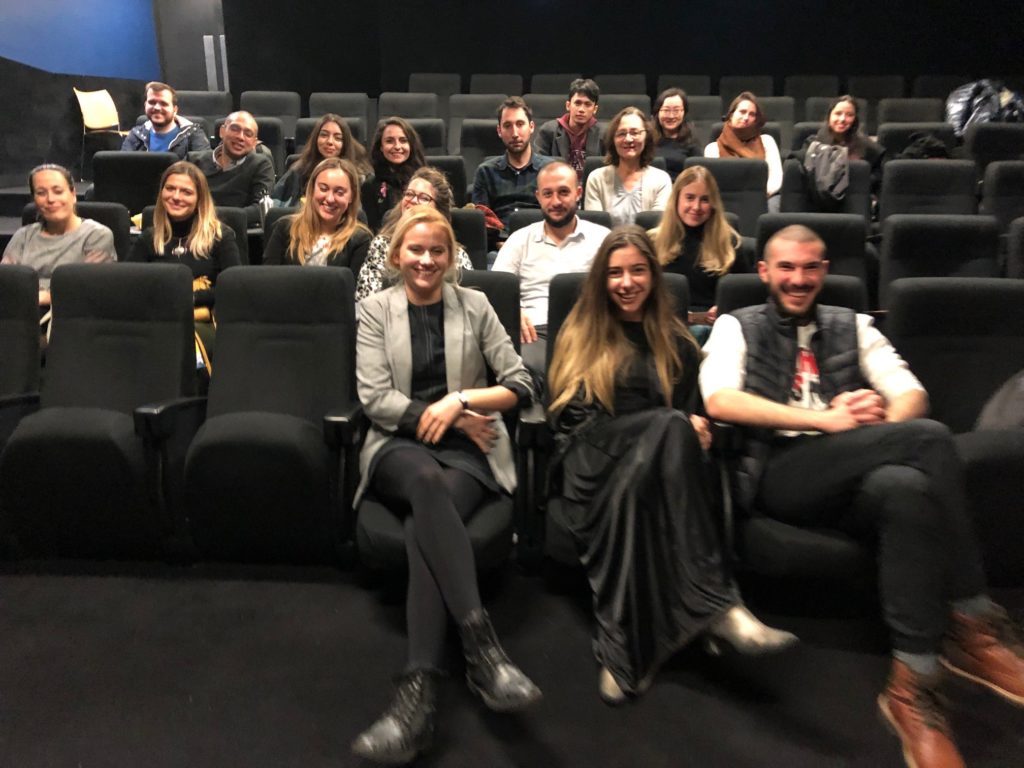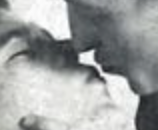This blog was contributed by Bojana Nikolic, MA Arts Policy and Management student at Birkbeck and a 2019/20 Chevening Scholar.
On December 11, 2019 as part of Birkbeck One World Festival I organized a screening of 19 Schaffarik Street. This event was initiated and supported by La Young Jackson, International Liaison Officer.
19 Schaffarik Street is a short movie, made almost entirely by students. It premiered in February 2019 at the Belgrade Film Festival and has since travelled to many festivals. The screening at Gordon Square Cinema can be considered its British premier.
 During the Q & A afterwards, the audience was able to share their thoughts and talk to the director Lana Pavkov, writer Dejan Prćić, and myself, as the production manager of the film. Some interesting questions were related to the storyline, such as Why are the kids left outside in the cold? How personal is the story? Some were more practically oriented, How did you get the sponsors on board? How did you manage to get those actors? And even a crew to crew question was asked, How did you manage to make me give up on the idea of having a dog in the movie? And our favorite question that says about the quality, but also the recognition of the effort put into this movie was, Is this really a student film?
During the Q & A afterwards, the audience was able to share their thoughts and talk to the director Lana Pavkov, writer Dejan Prćić, and myself, as the production manager of the film. Some interesting questions were related to the storyline, such as Why are the kids left outside in the cold? How personal is the story? Some were more practically oriented, How did you get the sponsors on board? How did you manage to get those actors? And even a crew to crew question was asked, How did you manage to make me give up on the idea of having a dog in the movie? And our favorite question that says about the quality, but also the recognition of the effort put into this movie was, Is this really a student film?
The event was imagined as a peer to peer talk; the idea was to watch a movie in a relaxed atmosphere and have a good talk after it, and the expectations were met. The audience was engaged and we as the crew were open to answer all the questions, and the conversations even continued outside the cinema.
The director and writer flew in from Serbia to England just for this event and their overall impression was that it was worth the trip!
I am very thankful to La Young and Birkbeck for making this happen and I am looking forward to new projects!
Further Information:


